
From immunity building to plasma research, a look at some lesser efficient practices adopted or proposed during the pandemic.

From immunity building to plasma research, a look at some lesser efficient practices adopted or proposed during the pandemic.
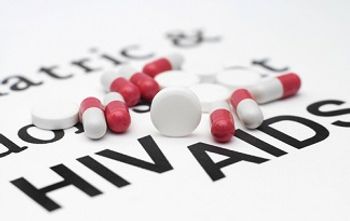
ViiV Healthcare’s recent FDA approval of expanding a combination antiretroviral comes on the heels of the important data from the TANGO study.
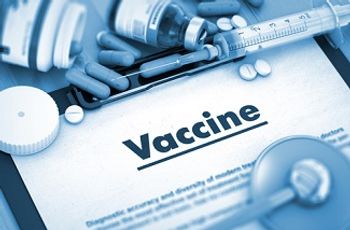
Study authors collected more than 7000 S. pneumoniae isolates between 2009 and 2017.

The ideal time to act on COVID-19 was in January, says public health expert Raj Bhopal.
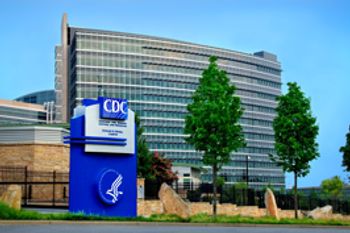
The US CDC has been engaged in a back and forth with media for several days after reductionist reporting on immunity related to COVID-19 suggested categorical proof of antibody based immunity to reinfection.
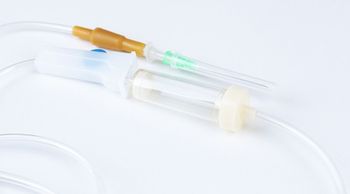
In a small study, preliminary analysis shows patients given this treatment early in hospitalization showed improvement and reduced mortality rates.
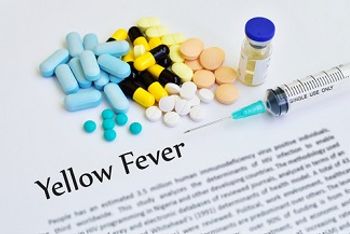
The human IgG1 monoclonal antibody TY014 showed promise as a possible prophylaxis or post-exposure treatment for yellow fever in a Phase 1 trial in Singapore.

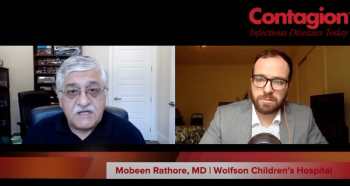
July ended with nearly 100,000 new cases among children in the US. What does that mean for public and school reopenings?
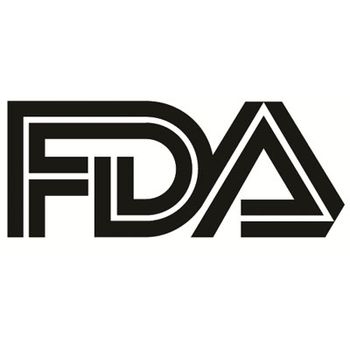
SalivaDirect is unique in that it does not require a particular type of swab or collection device; any sterile container is suitable for saliva collection with the test.
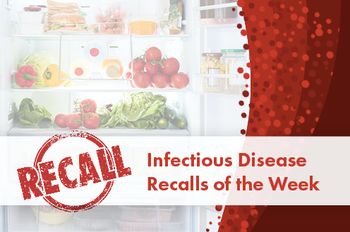
The FDA regularly posts updates on recalls, outbreak investigations, and related regulatory activities. Weekly, we identify which of those announcements might be most clinically relevant.
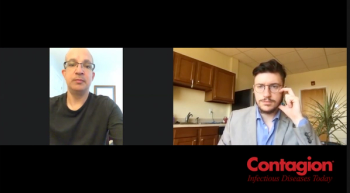
Armand Balboni, MD, PhD, discusses progress toward FDA authorization and/or approval of favipiravir for COVID-19 as a prophylactic measure.
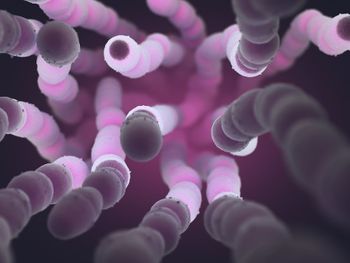
The challenges of making formulary and clinical decisions based on regulatory studies are significant and the need for real-world clinical experience is increasingly important.
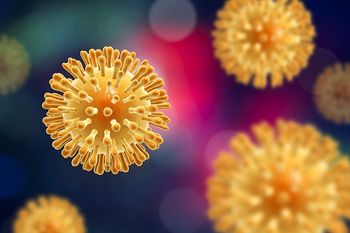
In testing, fingolimod blocked cell-free and cell-to-cell transmission of HIV, reducing latent virus.

The American College of Physicians says it no longer plans to update its rapid, living practice points because it doesn’t believe new evidence will support the use of the antiviral medications in the fight against COVID-19.
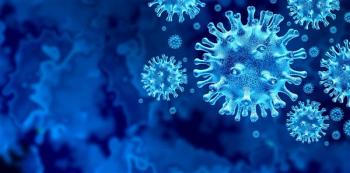
Not all COVID-19 test results are accurate, according to scientists. Because false negatives can result in infectious individuals mingling with others, some researchers advocate multiple tests in order to catch cases that have slipped through the cracks.

The pharmaceutical company has over 25% more US doses due to the increased anticipation of higher demand because of COVID-19.
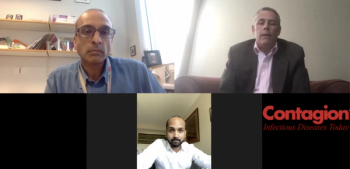
Two Boston physicians using Interleukin-6 inhibitors report a reduction in intubation and mortality rates.

A committee of experts convened by the National Academies of Sciences, Engineering, and Medicine recently offered recommendations for local school districts to guide decisions about school reopening during the pandemic.
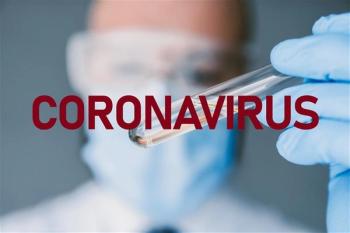
Walter A. Orenstein, MD, answers audience questions collected during our Vaccine Race webinar.
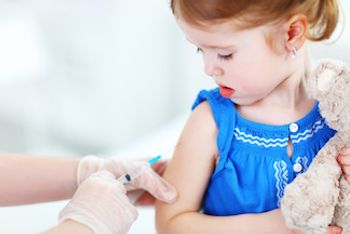
A new survey shows parents’ fears of getting kids to their providers for fear of contracting the virus.
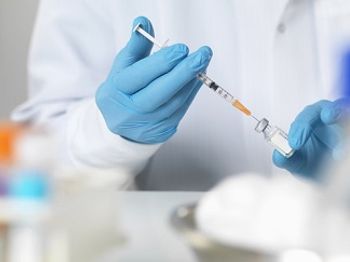
US government has purchased this batch of vaccines, which Moderna will manufacture concurrently with its phase 3 trials.

A look at the processes and clinical practices at place to assure candidate safety during the COVID-19 vaccine race.

How can we bridge the divide between the public and public health? Raj Bhopal argues for a strong but supportive pandemic response.
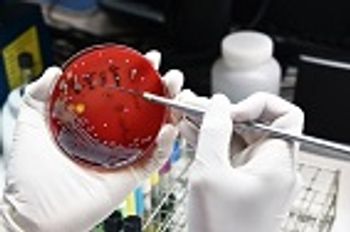
The pharmaceutical industry plays an essential role in advancing antimicrobial stewardship and addressing the growing threat of resistant pathogens.

David Ho, MD, likens and contrasts the pandemic to 3 other viral outbreaks and their respective responses.
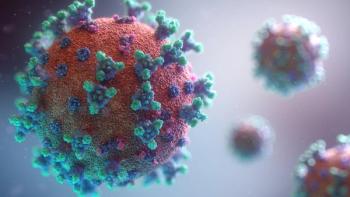
The modified adenovirus-strain candidate did not reach phase 3 assessment, and was criticized by the WHO for being rushed through assessment.

A backlog in testing in the US can severely impact the ability to perform contact tracing.

Administration of the investigational oral microbiome therapeutic SER-109 resulted in a statistically significant decrease in the proportion of patients who had C diff recurrence within 8 weeks of administration versus placebo.
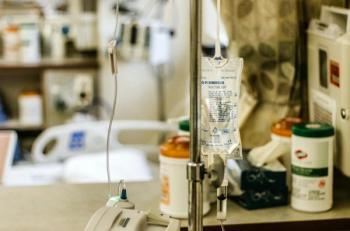
The antiviral is currently emergency authorized for treatment of severe COVID-19.